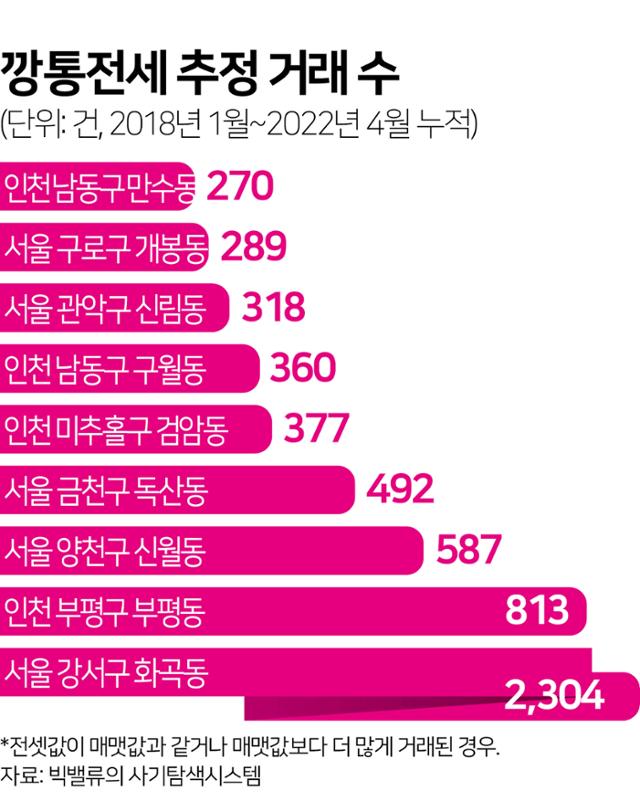The tenant pays only the rent and a security deposit.
It is a special form of renting in Korea.
It started from bank interest high age.
It is not recommended for foreigners.
It is not recommended for foreigners because there have been many rental scams and landlord bankruptcies recently.
Subletting explained
Many Korean renters prefer to sublet.
This is because they can save money on rent.
With contracts lasting more than two years, tenants also feel more secure in their housing.
In the past, landlords also favored subletting.
They could buy a house with a small amount of their own money and a large Jeon-se deposit from the tenant.
If the price of the house skyrocketed, they could make a large profit on their small investment.
When Korea was in a period of economic growth, there were a lot of rental properties, along with a surge in house prices.
70% of the house rental in Korea is on Jeon-se basis.
If the sale price of the house is 100, the Jeon-Se amount is normally around 60~90% of the sale price.
In Jeon-Se system, the tenant makes a deposit around 60~90% of the sale price as the security and takes back the same amount when the lease contract is expired.
"Empty Can Jeon-se"(깡통전세 )
When the sale price of a house drops, the sale price may be lower than the rental price.
This is known as "깡통전세" and has become a social problem.
Many landlords take the security deposit of the next tenant and return the security deposit of the outgoing tenant.
and return the outgoing tenant's deposit.
However, as home sales prices drop, so do rental prices.
No one will move in at the old, higher rental price.
Therefore, the existing tenants are left waiting, unable to get their deposits back.
Even if you sue the landlord, there's no way to get your money back from a cash-strapped landlord.
In this time of real estate decline, many people are suffering from "tin can rentals".
Fraud cases
- Sometimes the person who receives the rental fee is not the landlord.
In some cases, the scammer may work with a real estate agent or even trick the agent.
They may forge IDs and documents.
- A bad agent takes a large deposit from a tenant for a rental agreement.
The landlord signs a month-to-month contract and gives a small security deposit.
The broker takes the large security deposit.
Jeon-se- The landlord runs off with the deposit.
In the case of a "tin can rental," the landlord can't be reached, and sometimes the landlord disappears.
Sometimes the landlord goes bankrupt and you can't get your money back.
Not recommended for foreigners.
In the case of "깡통전세", you may end up waiting in the house longer than the contract period to get your money back.
It is not recommended for foreigners with a fixed return time.
The security deposit is very large, close to the sale price.
If there is a rental fraud case, you can lose a lot of money.
Therefore, it is not recommended for foreigners visiting Korea for a short period of time.
























































